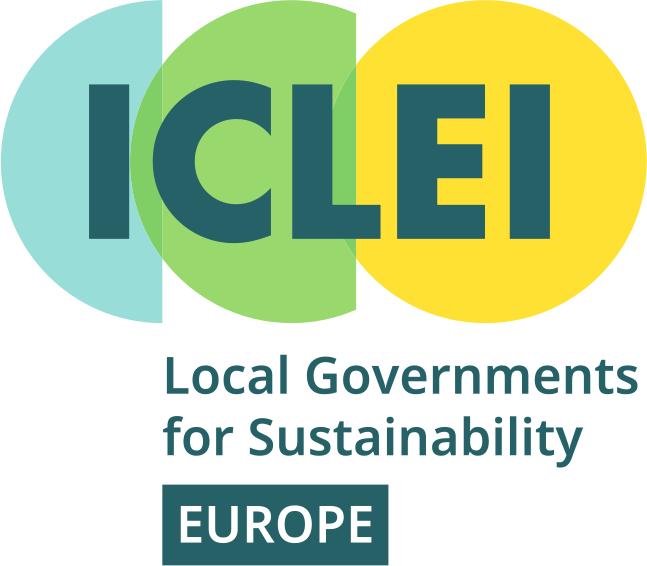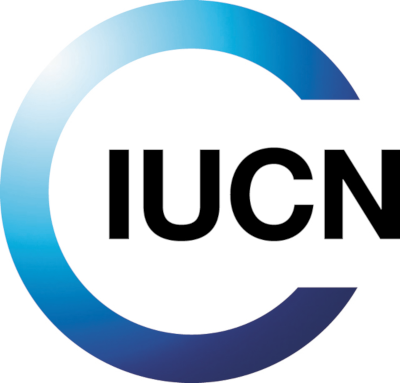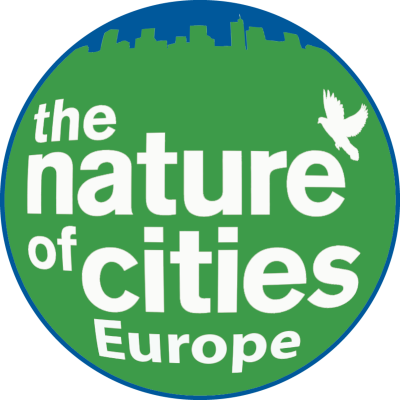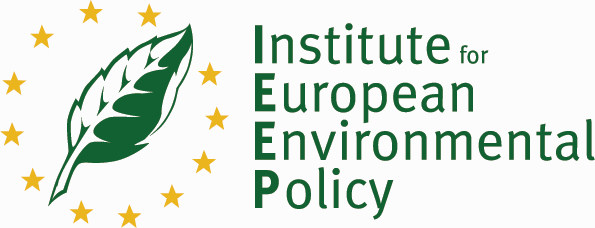
URBAN GreenUP, GrowGreen, UNaLab and Connecting Nature – what do these great nature-based solutions (NbS) projects have in common? All of these EU-funded projects have implemented innovative NbS in cities, and gathered knowledge for others to continue the journey. The projects have ended, yet have left a treasure trove of resources for those interested to learn how to start using the sustainable building blocks of future landscapes.
URBAN GreenUP focused on the following NbS to improve the sustainability of cities: planting and renewal of urban trees, cooling trees, shade trees, arboreal areas, trees re-naturing parking lots, parklets, urban carbon sinks, green resting areas and cycle and pedestrian green routes. Creating engagement and awareness among citizens proved to be crucial for the success of their NbS. Further key factors for the success of NbS implementation was to be flexible, have a buffer for time and resources, rely on support from experts, carefully plan finances, and to plan the schedule of implementation of NbS to match public procurement processes. Explore all URBAN GreenUP results to learn how to develop and replicate their Renaturing Urban Plans.
GrowGreen utilised various NbS to create climate and water resilient, healthy and liveable cities. The positive effects of the project in cities were improved thermal control, biodiversity net gain, surface water runoff reduction, water quality improvements, positive economic impact and improvements in social cohesion and health & wellbeing - especially during the pandemic. During the project a local level focus and engagement was also found to be crucial to success. A good avenue to engage stakeholders and ensure uptake of NbS was found to be showcasing the outcomes and results on site. Manchester was a GrowGreen success story; active work in influencing agendas in the municipality, and mainstreaming and embedding NbS and landscape led projects, has led to 150million pounds committed to this type of work in the future. The Mayfield Park in Manchester is a direct result of the project embracing river habitats in a former brownfield site. The city’s ‘Our Rivers, Our City Strategy’ for river restoration is an impressive feat funded by GrowGreen. Another project city Valencia saw the green and biodiversity plan of the city incorporate NbS. To learn more about the multitude of project outcomes in all cities explore GrowGreen resources.
Connecting Nature worked on communities of cities that foster learning and capacity building on NbS. Further the project had a focus on developing policy and practices using nature-based solutions through collaboration across different sectors. The aim was to find a pathway to mainstream NbS, essentially aiding and scaling-up NbS in local policies. The project achieved this through co-creation plans for embedding NbS into cities climate action and biodiversity plans through the Connecting Nature Framework. Throughout the project the partners have worked with cities to develop strategies to include NbS that are tailored to the local context and produced practical guidebooks to help cities outside the project uptake NbS as well. Connecting Nature has also been active on an EU-level - focusing on economic development and the potential of NbS to contribute to job creation and new economies; they collaborated with 15 other projects on the European Commission publication: The vital role of nature-based solutions in a nature positive economy and Evaluating the impact of nature-based solutions – a handbook for practitioners. There have been many spin-offs enterprises and innovations from the project, such as UrbanByNature, Connecting Nature Enterprise Platform and many more. Explore all the Connecting Nature resources for project insights.
UNaLab implemented a myriad of targeted NbS for sustainable management of water resources. They successfully reduced flooding and improved water quality in the cities testing the NbS. Specifically there was improved quality of surface water runoff to receiving surface water bodies. The project cities also saw lasting changes; Tampere invested in water monitoring services, and a significant increase in biodiversity was documented in Eindhoven and Tampere. All cities saw positive community engagement in the topics through campaigns, and by innovative measures, such as involving students involved in sampling missions. Overall UNaLab has contributed to increased green and blue space within cities, reducing carbon emissions, and mitigating and adapting to climate change and its impacts. In addition, the project has informed relevant policy actions. Explore the UNaLab resources to learn more.
These EU-funded projects and many more continue to green and restore our landscapes through the use of nature-based solutions. See the current (October 2022) overview of all the EU-funded NbS projects here.











